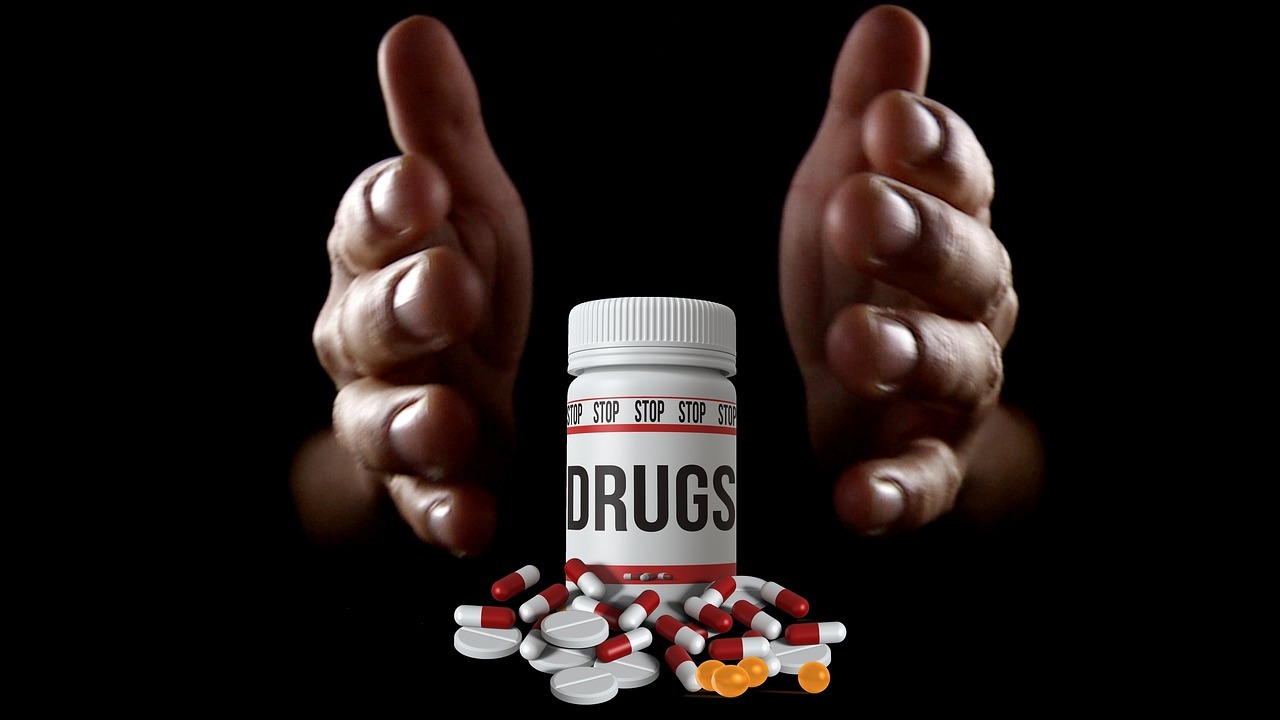Addiction is a chronic and progressive disease, which means without proper management you can relapse and your substance abuse will worsen over time. As a result, you must continue to engage in your recovery maintenance techniques even after you complete a drug and alcohol rehab program.
According to the National Institute on Drug Abuse (NIDA), the addiction relapse rate is between 40 to 60%.
While addiction relapse is common, it does not have to be a part of your story. Being aware of the stages of relapse can help you recognize that a relapse is coming and take steps to prevent it before you engage in the actual act of using drugs or alcohol.
Stage One: Emotional Relapse
While many people think of relapse and imagine the act of abusing drugs and alcohol, it actually occurs in three stages. The first stage is referred to as an emotional relapse and is characterized by a resurfacing of negative emotions. When you are going through an emotional relapse, you stop managing feelings of anger, sadness, irritability, or loneliness effectively.
Signs of emotional relapse include:
- Abandoning your daily routine
- Not going to meetings or not participating in them actively
- Not caring for your personal hygiene
- Irregularities in your sleep schedule
- Eating too much or too little
- Isolating from friends and family
- Not managing your emotions
- Failing to reach out for help when you need it
If you don’t take steps to process your emotions in a healthy way, your emotional relapse could progress into a mental relapse.
Stage Two: Mental Relapse
The next stage of relapse is called a mental relapse. During a mental relapse, you will begin thinking about using drugs or alcohol to cope with your unmanaged emotions. It is common to begin romanticizing the idea of substance abuse or attempting to find “valid” reasons to abuse drugs or alcohol, like after the death of a parent or when you are incredibly stressed out at work.
During a mental relapse, you might begin telling yourself the following:
- “I can learn how to control my drug or alcohol use this time”
- “No one will know that I’m using drugs or alcohol”
- “Substance abuse made me feel better and helped me deal with my emotions”
- “I am so stressed out, I should be able to have one glass of wine after work”
- “If I quit before, I can do it again”
These statements are known as “bargaining,” which means you are trying to rationalize the idea of abusing substances. This is the last step before a full-blown relapse, which means it’s important that you reach out for help as soon as possible.
Stage Three: Physical Relapse
The third stage of relapse is referred to as a physical relapse. This is the stage of relapse when you actually begin to abuse drugs or alcohol. However, there are two different types of physical relapse: a lapse and an actual relapse.
A lapse is described as using drugs or alcohol once before you get back on track with your recovery. Lapses do not always require professional treatment, as you realize that you need help before your substance abuse becomes severe.
On the other hand, full-blown relapses are characterized by continuous substance abuse over an extended period. During a relapse, you may behave and feel the same way you did while you were in active addiction.
Some people experience chronic relapses, meaning they relapse over and over again until they finally achieve long-term sobriety.
What to Do When You Experience a Relapse
Relapse can be scary and disheartening, especially after you spent so much time building a strong foundation of recovery. However, it is important to remember that you should never judge yourself for relapsing. Relapse is a common occurrence and feelings of guilt or shame will only prevent you from getting back on track.
When you experience a relapse, the first thing you should do is come clean. If you are active in a 12-step program like Alcoholics Anonymous (AA), you should tell your sponsor what you are going through. This allows you to take accountability while receiving the support and advice you need to recover.
After you tell someone, you should consider attending a drug and alcohol rehab program. The type of facility you should attend depends on the severity of your relapse. If you are physically dependent on substances again and have been abusing drugs for a long time, you should go to an inpatient program that includes medical detox services.
However, people who only relapsed for a short period might benefit from an outpatient program that will provide them with the support they need while allowing them to continue attending work or school.
